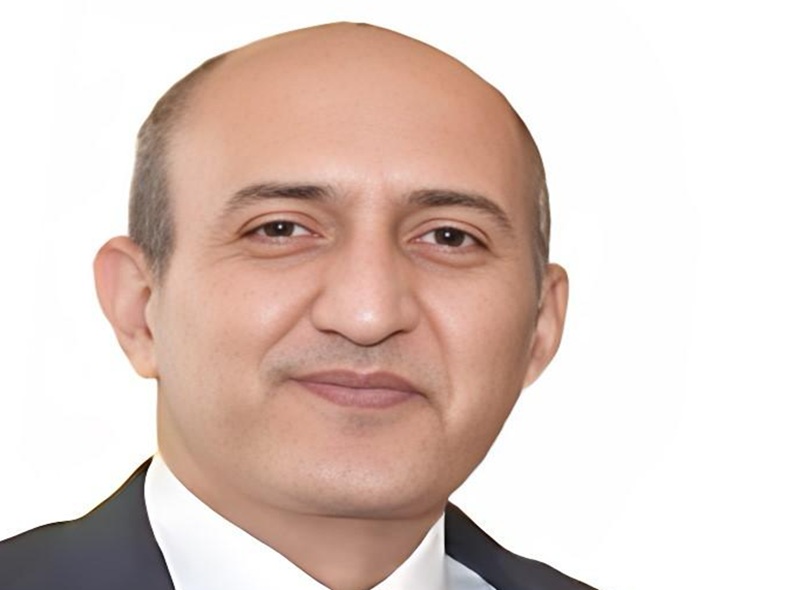Western Sahara is a territory pending decolonization in northwest Africa. An former Spanish colony, it is the territory of the Saharawi Arab Democratic Republic (SADR), proclaimed February 27, 1976, despite the illegal military occupation by Morocco since October 1975, of its greatest natural resources and its main cities.
The international community has shown, through the United Nations and the African Union, in various instruments and resolutions, its support for the right of the Saharawi people to free self-determination and independence. This principle, enshrined in UN instruments and in human rights and international humanitarian law, requires that the Saharawi people freely express their political future through a self-determination referendum.
The International Court of Justice, at the request of the UN General Assembly, issued a historic advisory opinion on October 16, 1975, irrefutably stating the absence of any sovereignty tie between Morocco and the Western Sahara territory, while underscoring the primacy of the Sahrawi right to self-determination. This legal framework has since consistently demanded respect for the long-delayed will of the Sahrawi people, their permanent sovereignty over their natural resources, grossly looted by Morocco and foreign multinationals, and respect for human rights in Western Sahara.
The humanitarian dimension and the consequences of the invasion are no less encouraging: more than 200,000 refugees and exiles, a 2,725 km military wall with over 7 million anti-personnel mines, divide the territory and its population, hundreds of disappeared and executed, and dozens of peaceful activists sentenced for life by tribunals of an occupying state. Spain, as administering power with undeniable legal obligations, continues to neglect the fate of the Sahrawi people.
The importance of regional integration: the peaceful path and legality.
The full and rightful membership of the Saharan Republic in the African Union is explicit recognition of its dignity and its aspiration to self-determination within a shared regional framework. But it is also a stark reminder that decolonization has not ended for all in Africa, and that development, complementation, and integration of its people,s remains tied to ending the scourge of colonialism. The Caribbean community still holds the infamous record of the greatest number of peoples and territories subjected to the crime of colonialism, which, together with Western Sahara, continue to occupy annually, the agenda of the UN decolonialization committee C24, and its 4TH Commission. It goes without saying that all African and Caribbean countries today independent, are the result of decolonization processes, made possible by the resilience of their peoples, but esencially by the impulse of international solidarity. These circumstances compel us, that no country should look the other way when it comes to self-determination.
The Sahrawi people have long defended their inalienable right to self-determination. In this framework, the solution to the illegal military occupation of their country must be scrupulously respectful of international law and, at the same time, democratic. There is an urgent need for a self-determination referendum in Western Sahara so that its people can freely choose their political future, without threats, with transparency and with guarantees and supervision by the United Nations and the African Union.
A call to action for the Caribbean and Africa.
All Caribbean and African countries share a common legacy of decolonization and the aspiration to a fairer international order, today undermined by powerful countries and by threats to democracy and the will of the peoples. In the face of Morocco’s ongoing refusal to respect the Sahrawi people’s right to self-determination and its threat to peace and stability in North Africa, as well as its boasts of upholding international law, the only proper response is stronger support for the legitimate struggle of the Sahrawi people and recognition of the Saharawi Republic.
The upcoming CARICOM–African Union summit should consolidate an agenda of peace commitments for their peoples: to advance regional cooperation to support democratic self-determination processes, in line with international law, promote sustainable development, and strengthen security and justice.



